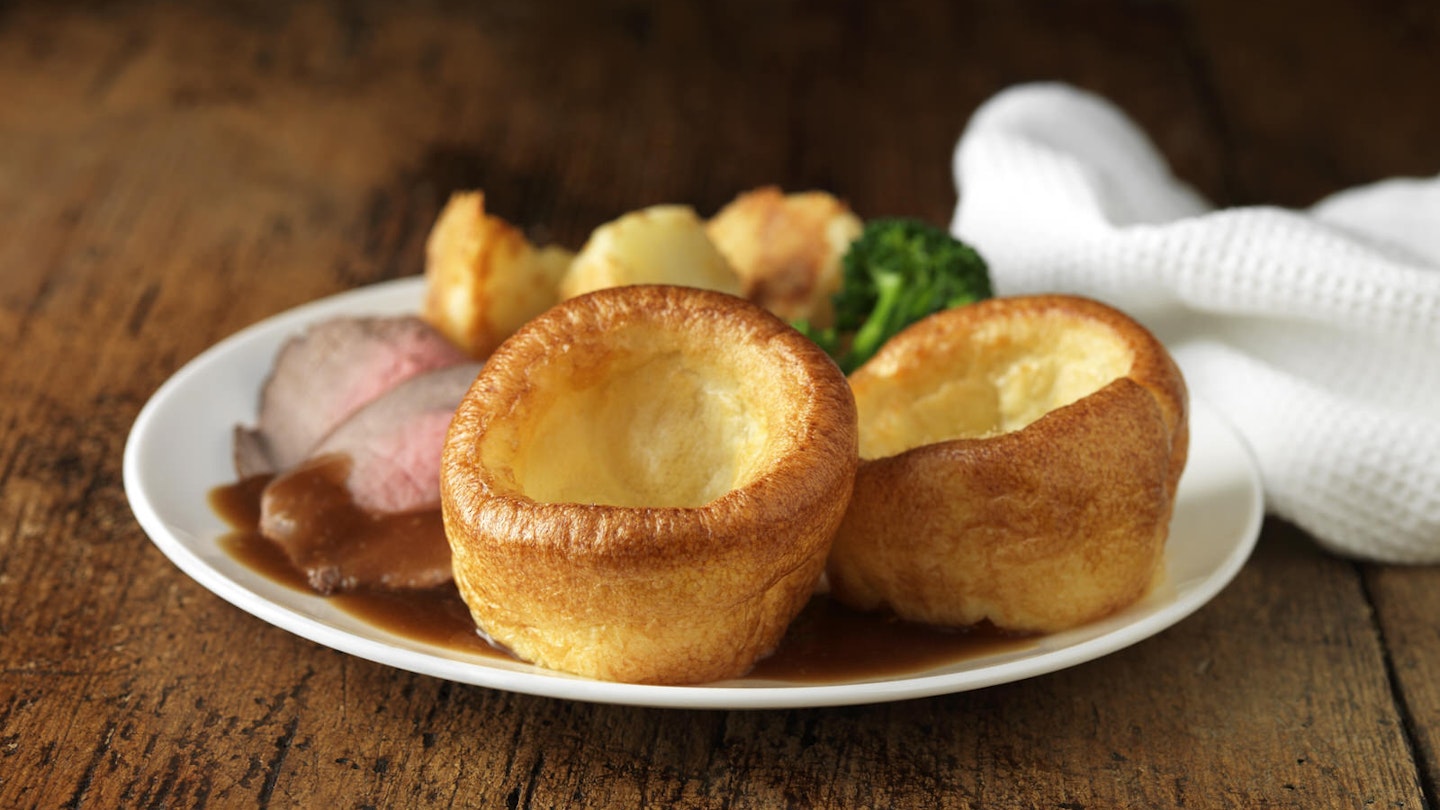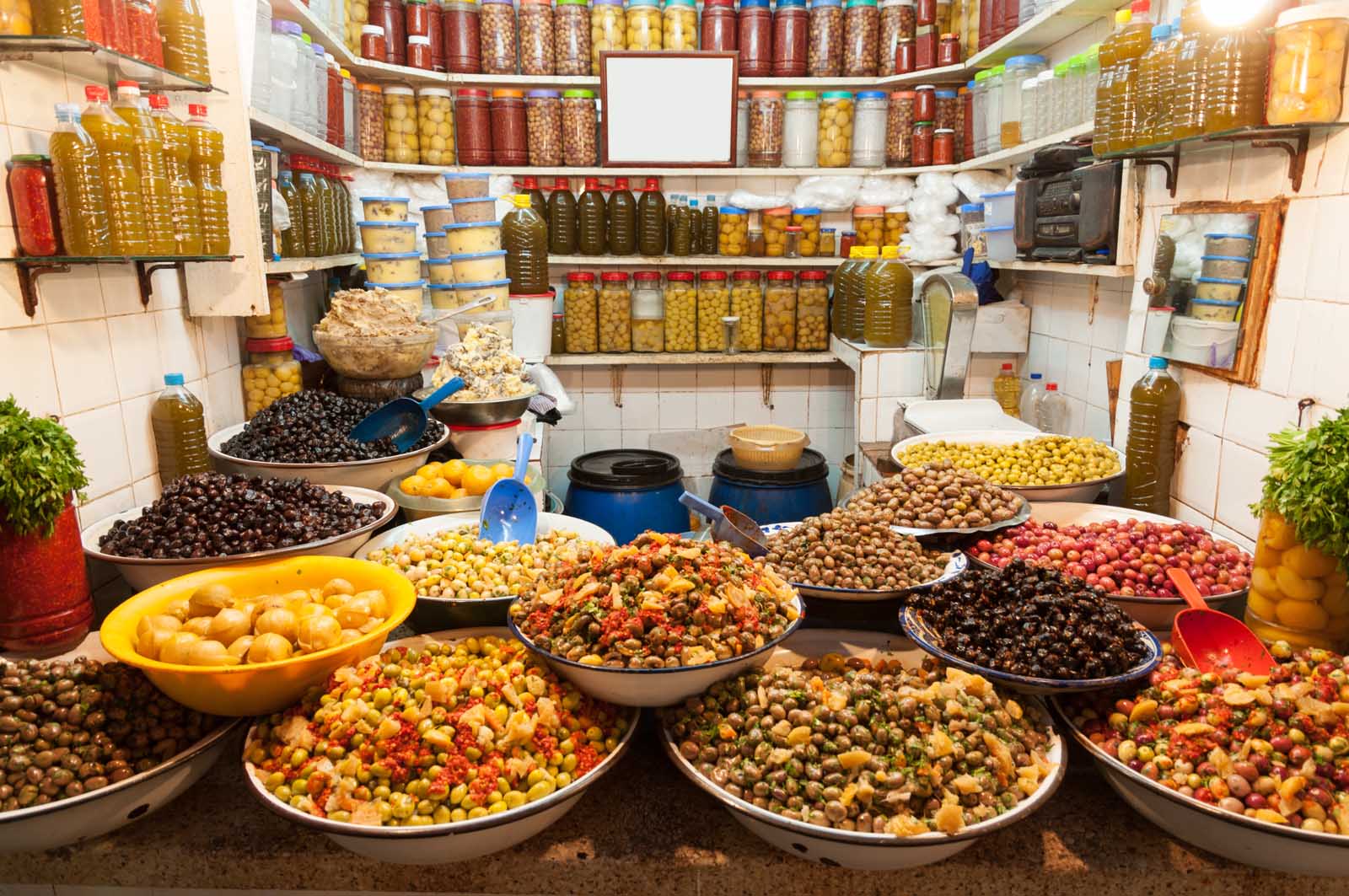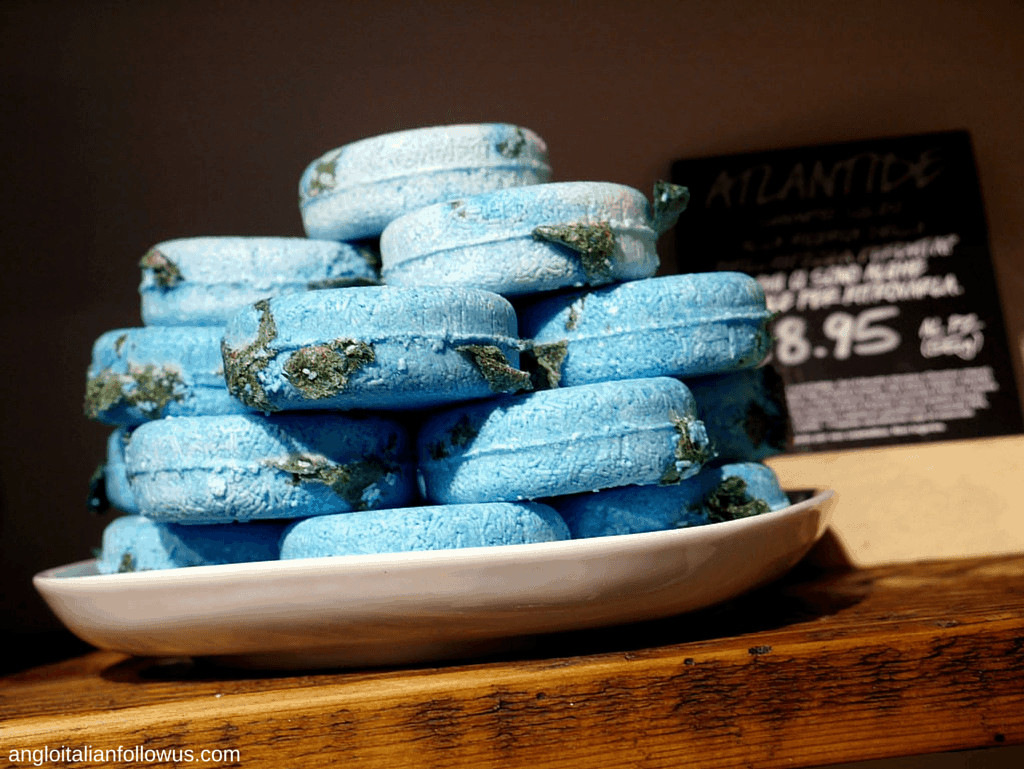Yorkshire: A Culinary Expedition
The humble Yorkshire pudding may be its greatest culinary claim to fame, but England’s largest county is becoming increasingly sophisticated and experimental in the kitchen. Yorkshire’s award-winning produce is grown amid the dales and plucked from the North Sea to supply fiercely local delis and Michelin-acclaimed gastropubs and restaurants. Food markets are sprouting like mushrooms in fertile soil. Wash it all down with a bevy of craft beers or home-grown wines, and you’ve got the recipe for the UK’s best food break.
Fine Dining
It took experimental Leeds chef Michael O’Hare just a year to gain his reputation as a man who does unusual things with unusual ingredients. In 2015, his artistic menu featuring sea urchin, foie gras donuts, chili sorbet, and kimchi ramen won his Man Behind The Curtain restaurant the city’s first Michelin star in a decade. Consequently, the food scene in Leeds exploded after that.

Yorkshire has long been home to more Michelin stars than any other county outside London. However, many of the most popular dining experiences are in the countryside rather than the cities, hidden away in unassuming village inns. Take farmer’s son and self-taught chef Tommy Banks, whose family’s quaint Michelin-starred village pub, the Black Swan at Oldstead, was recently lauded as the best restaurant in the world in a high-profile public vote. Tommy takes great pride in his kitchen gardens and enjoys experimenting with unsung greens such as lovage and woodruff, delighting his rural diners with ‘food theatre’.
Foraging
Covering an area of 2.9 million acres with moorlands, dales (valleys), country pastures, and a sea-lashed coastline, Yorkshire’s geology is so diverse that it makes a bountiful larder. Top chefs are increasingly interested in seasonal ingredients that can be sustainably harvested from the land, and local companies are offering foraging walks that combine fresh country air with cooking tips.

Taste the Wild (from £85) offers courses that delve into up to 300 wild foods, allowing participants to rummage in hedgerows for berries and explore woodland canopies for chanterelles. This adventure could also involve foraging along the beaches around Robin Hood’s Bay for edible seaweeds and shellfish, followed by an alfresco cook-up.
Seafood
In a quaint fisherman’s cottage down a cobbled lane on Whitby’s East Cliff, Fortune’s has been traditionally smoking kippers since 1872. Its cramped storefront, adorned with nostalgic tea-colored photos and a charred smoking room, offers a glimpse into a bygone era that persists in this classic British seaside town. Whitby crab and cockle stalls compete with fish-and-chip shops, while new restaurants are determined to elevate the culinary scene with prized seafood such as local mackerel, lemon sole, and North Sea halibut.

In the summer of 2017, Michelin-starred North Yorkshire chef Andrew Pern returned to Whitby, his hometown, to open Star Inn the Harbour, offering a fish-focused menu amid a backdrop of lobster traps and local fishers.
Pies and Puddings
Early cookbook author Hannah Glasse coined the term ‘Yorkshire pudding’ in her 1747 tome The Art of Cookery. Nevertheless, artery-clogging pies and puddings reign supreme in ‘God’s Own County’. A recent fad is the Yorkshire pudding wrap; join the queue of tourists at York Roast Co in North Yorkshire’s medieval tourist magnet to try it, rolled with meat, gravy, vegetable trimmings, and stuffing.

For gourmet pork pies or shortcrust steak-and-ale pies, a favourite destination is the pretty Georgian town of Helmsley in North Yorkshire, widely known for its delis. Hunters of Helmsley, run by a family from farming stock, sells coveted pork pies featuring just the right balance of crisp buttery crust, gelatine, and top-quality, coarsely ground, herbed meat.
South Asian Influences
After WWII and Indian independence, thousands of South Asian immigrants flocked to West Yorkshire for jobs in the textile industries underpinning cities such as Leeds and Bradford. The population in some areas is now as much as a quarter South Asian, and Indian and Pakistani food is ubiquitous in Yorkshire, much like the Sunday roast.

Bradford has claimed the title of Curry Capital of Britain for six consecutive years. However, try Bundobust or Cat’s Pyjamas in Leeds for a modern Yorkshire take – featuring walls plastered with Bollywood stars and eclectic dishes from Parsi classics to Goan chicken curry and Delhi chat, all paired with craft beers.
Wine-Tasting
While France it is not, Yorkshire is carving out an unlikely niche as the home of Britain’s most northerly wineries. Vines cling precariously to chilly hills, producing delicate whites, sparklings, and even a few light, oak-matured reds from grape varietals not found in supermarkets. This handful of wineries are fledgling commercial entities, inviting visitors to sniff, sip, and swirl their creations. Several have rooms for an overnight experience.

Ryedale has won awards for its English sparkling wine, while Sheveling Wine Estate, planted at 840 metres in historic Holmfirth, offers daily tours, hillside self-catering accommodation, and a restaurant that feels more Loire than Last of the Summer Wine.
Breweries
In the past decade, Yorkshire’s traditional ale and bitter-producing beer giants have been joined by a new breed of craft breweries par excellence, many of which began in little more than a shed with a penchant for experimentation and new-world hops. Consequently, hundreds of these establishments are cropping up, making Yorkshire ground zero for hopheads.

Among the most prized are beers from Ilkley Brewery in the upscale West Yorkshire spa town; Saltaire Brewery, located near a 19th-century Unesco mill town; Magic Rock found in Huddersfield; Northern Monk, based in a Grade II-listed mill in Leeds; and Brass Castle in the foodie market town of Malton. Most breweries feature tasting rooms or offer tours in Leeds or York with Brewtown to sample several in one day.
Markets
An award-winning microbrewery and tap room is just the tip of the iceberg in Malton. Hard community graft and investment from local gentry have transformed the town from a run-down provincial center into a thriving food capital. Now, its dashing Georgian market square is embellished with antique shops and cafes selling parkin (a local sticky ginger cake), Yorkshire curd tarts, pies, and artisanal coffee.
On the second Saturday of every month, the square comes alive with local producers during Yorkshire’s best monthly food market. Additionally, visit the annual Malton Food Lovers Festival in May to experience the vibrant culinary culture in full swing.




